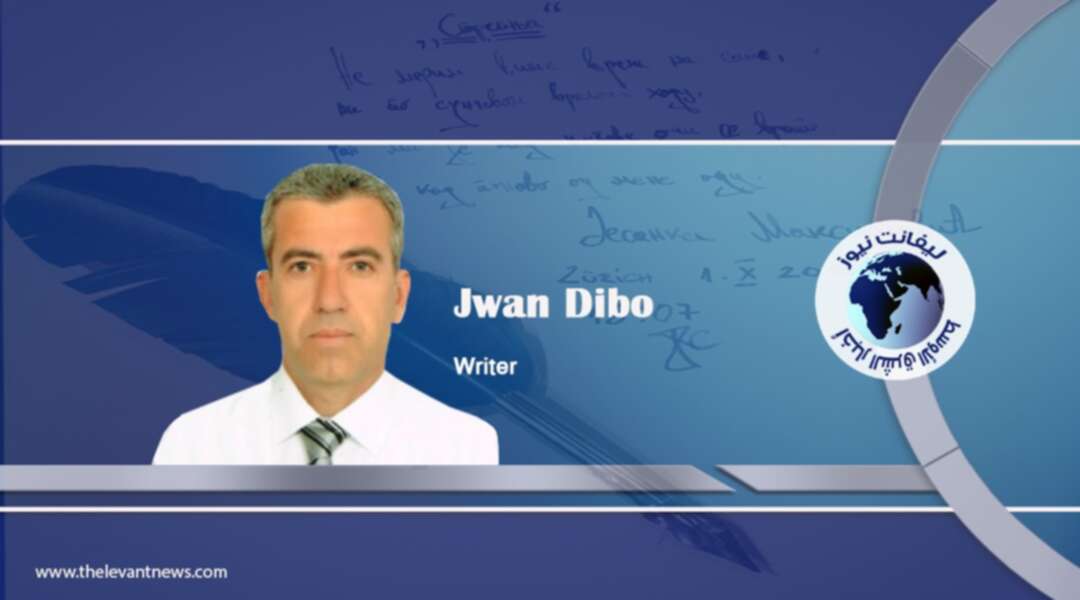-
Boris Johnson's Six-Point Plan to Deter Russia in Ukraine

British Prime Minister has announced a six-point plan to resist Russia’s invasion of Ukraine. The plan, as declared by Downing Street 10, is as follows:
World leaders should mobilise an "international humanitarian coalition" for Ukraine.
They should also support Ukraine "in its efforts to provide for its own self-defence".
Economic pressure on Russia should be ratcheted up.
The international community must resist Russia's "creeping normalisation" of its actions in Ukraine.
Diplomatic resolutions to the war must be pursued, but only with the full participation of Ukraine's legitimate government.
There should be a "rapid campaign to strengthen security and resilience" among NATO countries.
It is clear that the British Prime Minister's six-point plan for resisting the Russian invasion of Ukraine does not give the option of dialogue with Russia any importance.
Boris Johnson's proposal is an escalatory step against Russia, but the questions are; will his plan succeed and turn into a tangible reality? And if it succeeds, will it force Russia to stop the war and withdraw from Ukraine? Even if the plan succeeds, knowing that this is a very small possibility, is there enough time to prevent Russia from achieving a military victory in Ukraine? It seems that the initial features of the answers to the questions above are bleak and pessimistic.
In theory, Johnson's plan is about the current Russian war in Ukraine, but in essence, the plan refers to the post-Ukraine period, or rather to the stage that will follow the almost inevitable Russian military triumph in Ukraine.
Most of NATO's words and deeds regarding Russia's intervention in Ukraine go in this direction, that is, the stage that will follow Russia's military conquest in Ukraine.
NATO is very aware that Putin has invaded Ukraine to win militarily, not to be defeated. Defeat, for Putin, in Ukrainian war means his end as a political leader and head of state, if this does not impact stability in his crisis-stricken country.
However, NATO is concerned that the Russian president may repeat the experience of the war in Ukraine in other NATO countries that were either republics within the former Soviet Union or the countries in the collapsed Soviet alliance. This, in turn, may lead to the outbreak of a direct confrontation between NATO and Russia that may lead to the use of nuclear weapons, which would be devastating to both sides.
Johnson's plan, like all other NATO plans, including painful economic sanctions against Moscow, will not dissuade Putin from his plan to take over Ukraine and overthrow its pro-Western regime.
The options for the West to deter Russia in Ukraine are very limited. If the international solidarity with Ukraine is great nowadays, the reason is because the crisis is still in the beginning. But after a while, the world will forget what happened to the Ukrainians, and every single country, including some Western countries, will only focus on its interests first and last.
NATO should have discussed the Russian requests seriously prior to the Russian invasion of Ukraine. Especially, since NATO was well aware that Russia had mobilised tens of thousands of soldiers on the border with Ukraine to declare war, not for a picnic.
However, practically, and realistically, it seems that NATO wanted this war to occur to exhaust the annoying Russian rival, even if that was at the expense of the suffering of an entire nation. This is how it was, and this will be international relations and politics between the great powers, which are based on immorality.
NATO has no choice but to sit with Russia and listen to its demands and take its reservations and fears into consideration if NATO is really interested in international peace and order. The issue is not about morality, truth, and justice as much as it is about power, interests and domination. On this basis, Russia and all the great powers have always acted.

BY: Jwan Dibo
You May Also Like
Popular Posts
Caricature
BENEFIT Sponsors BuildHer...
- April 23, 2025
BENEFIT, the Kingdom’s innovator and leading company in Fintech and electronic financial transactions service, has sponsored the BuildHer CityHack 2025 Hackathon, a two-day event spearheaded by the College of Engineering and Technology at the Royal University for Women (RUW).
Aimed at secondary school students, the event brought together a distinguished group of academic professionals and technology experts to mentor and inspire young participants.
More than 100 high school students from across the Kingdom of Bahrain took part in the hackathon, which featured an intensive programme of training workshops and hands-on sessions. These activities were tailored to enhance participants’ critical thinking, collaborative problem-solving, and team-building capabilities, while also encouraging the development of practical and sustainable solutions to contemporary challenges using modern technological tools.
BENEFIT’s Chief Executive Mr. Abdulwahed AlJanahi, commented: “Our support for this educational hackathon reflects our long-term strategic vision to nurture the talents of emerging national youth and empower the next generation of accomplished female leaders in technology. By fostering creativity and innovation, we aim to contribute meaningfully to Bahrain’s comprehensive development goals and align with the aspirations outlined in the Kingdom’s Vision 2030—an ambition in which BENEFIT plays a central role.”
Professor Riyadh Yousif Hamzah, President of the Royal University for Women, commented: “This initiative reflects our commitment to advancing women in STEM fields. We're cultivating a generation of creative, solution-driven female leaders who will drive national development. Our partnership with BENEFIT exemplifies the powerful synergy between academia and private sector in supporting educational innovation.”
Hanan Abdulla Hasan, Senior Manager, PR & Communication at BENEFIT, said: “We are honoured to collaborate with RUW in supporting this remarkable technology-focused event. It highlights our commitment to social responsibility, and our ongoing efforts to enhance the digital and innovation capabilities of young Bahraini women and foster their ability to harness technological tools in the service of a smarter, more sustainable future.”
For his part, Dr. Humam ElAgha, Acting Dean of the College of Engineering and Technology at the University, said: “BuildHer CityHack 2025 embodies our hands-on approach to education. By tackling real-world problems through creative thinking and sustainable solutions, we're preparing women to thrive in the knowledge economy – a cornerstone of the University's vision.”
opinion
Report
ads
Newsletter
Subscribe to our mailing list to get the new updates!




















